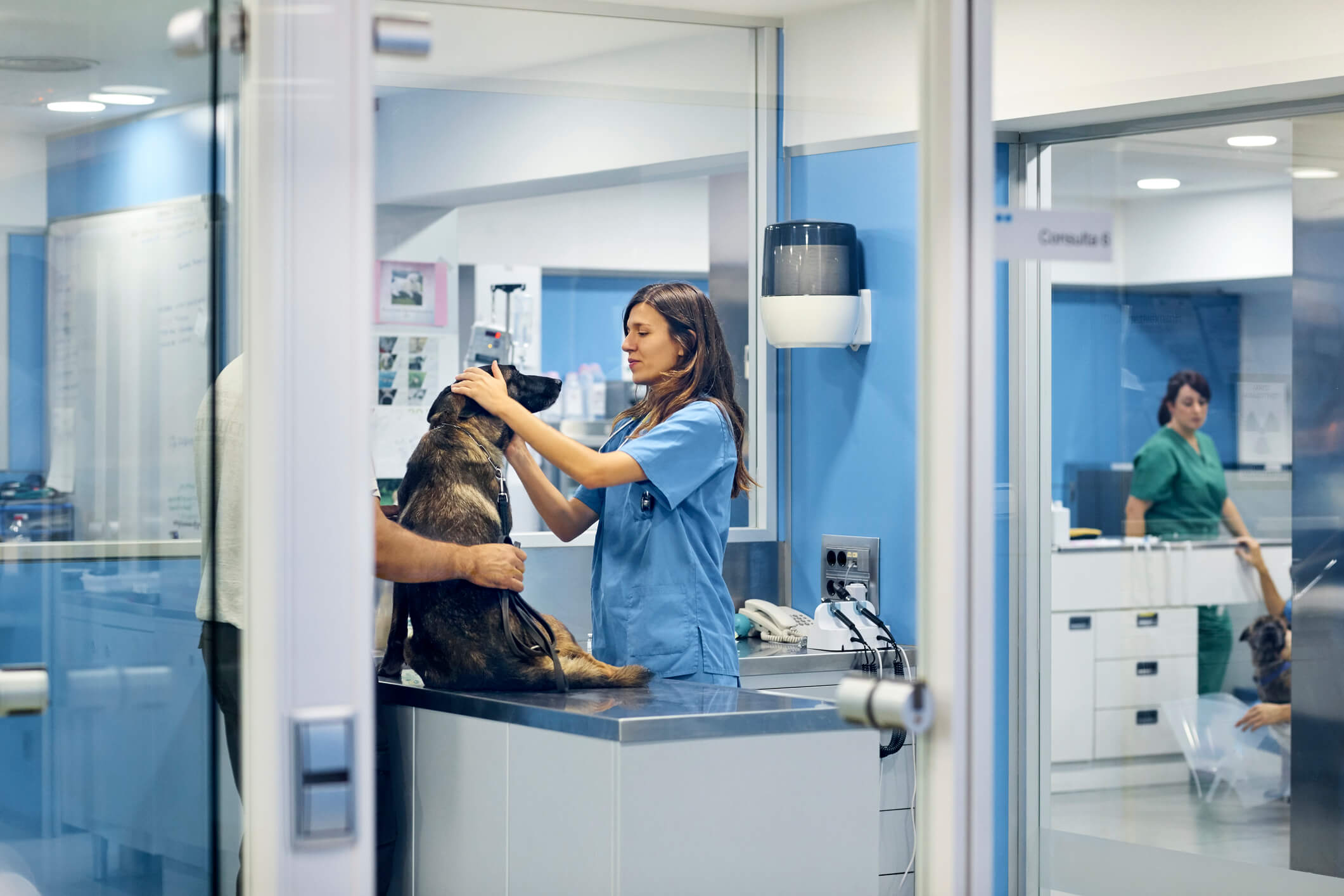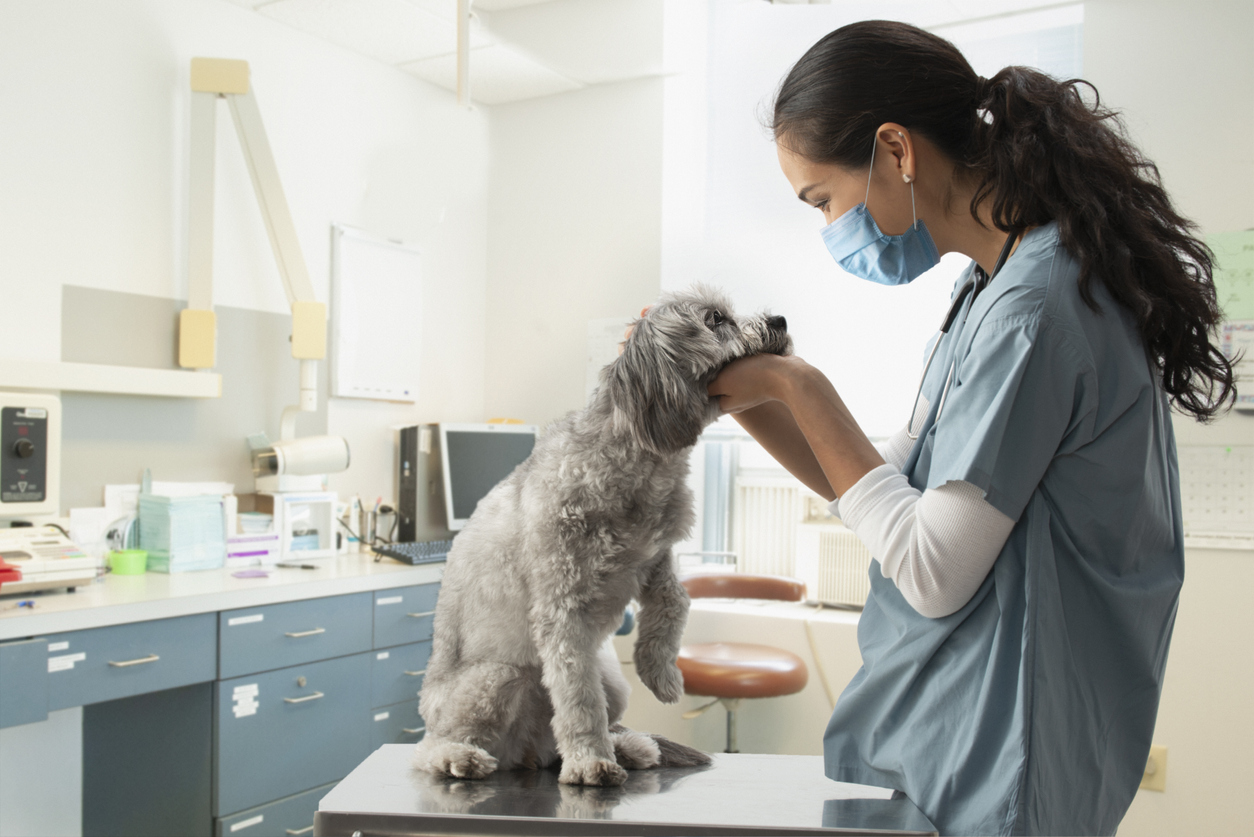For many veterinarians, practice ownership is the ultimate goal. When you own a veterinary practice, you can set your own hours, develop your own policies and procedures, hire your own staff, and control your own destiny. In other words, practice ownership offers veterinarians many benefits. In this article, we discuss five tips for starting your own veterinary practice.
#1: Get Comfortable as a Practitioner
Although some veterinarians go into business for themselves immediately upon finishing veterinary school, it’s generally a good idea to get some experience first. Therefore, if you’re a new veterinarian, you should work for a few years before starting your own practice. This will give you an opportunity to develop your skills while observing the operations of an established veterinary practice.
#2: Develop Business Skills
Although veterinary school prepares you to become a veterinarian, it doesn’t generally provide you with the business skills necessary to run your own practice. Therefore, it is recommended that you learn some basic business skills before venturing out on your own. Fortunately, this doesn’t mean you need to go to business school. There are plenty of resources out there from which to learn basic business skills, such as books and online courses.
#3: Do Your Research
When it comes to opening a veterinary practice, location is key. Therefore, after getting some experience and learning basic business skills, you should begin researching potential locations for your practice. In addition, you should determine whether you want to purchase an existing practice, rent an existing space, or build a new clinic.
#4: Assemble Your Team
Getting a veterinary practice off the ground requires a solid team of professionals. The members you choose will depend on whether you plan on purchasing an existing practice or building one from scratch. Common professionals needed to start a practice include an accountant, a veterinary attorney, a business consultant, and an insurance agent.
#5: Choose a Marketing Strategy
In order for your practice to succeed, you must implement a good marketing strategy. However, marketing your veterinary practice doesn’t have to break the bank. There are plenty of low-cost options to choose from. For example, with a modern website and a strong social media presence, you can grow your practice at a reasonable cost. In addition, old-school methods such as fliers and newspaper ads are still effective.
Contact Our Experienced Veterinary Attorneys
Owning a veterinary practice can be extremely lucrative. However, it can be difficult to accomplish without the right team. Therefore, if you’re considering starting your own veterinary practice, you should contact an experienced veterinary attorney for assistance. At Mahan Law, our veterinary professionals are dedicated to helping veterinary practices be successful. From helping you start your practice, to defending you against lawsuits, we are here to help you succeed. Please contact us today to schedule a consultation with one of our experienced veterinary professionals.









